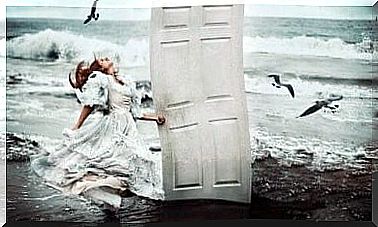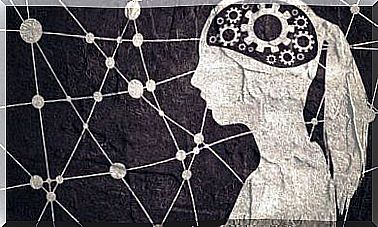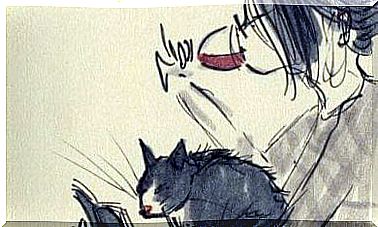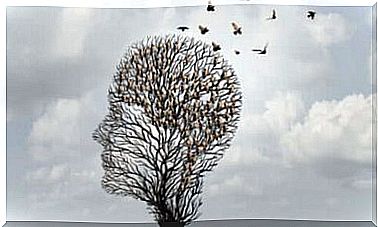Kohlberg’s Theory Of Morality Development
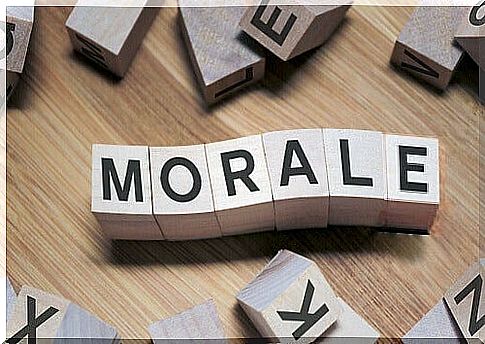
We all develop a personal and non-transferable morality: values that separate “evil” from “good” in the abstract world and that also influence our conduct, our perceptions and our thoughts. We could even say that morality can be so internalized that it affects our emotions. One of the most important and influential models that try to explain the development of our morality is Kohlberg’s theory of the development of morality.
Having, each of us, a personal morality, establishing a universal one has always been one of the issues that most worried philosophers and thinkers. From the Kantian perspectives of morality, based on the benefit of the group, to the utilitarian perspectives, aimed at the individual good.
Psychologist Lawrence Kohlberg wanted to move away from the content of morality and rather study how it develops in the individual. He did not care if it was “good” or “bad”, he was interested in understanding how each person reaches the idea of good or bad. Following numerous interviews and studies, he determined that the construction of morality increases as children grow, as happens with other skills, such as language or reasoning.
In Kohlberg’s theory of development of morality it is concluded that moral development is divided into three levels : pre-conventional, conventional and post-conventional. Each level is divided into two stages. It is important to understand that we do not always pass through all stages, just as not all of them reach the last level of development. Below we explain each stage in detail.
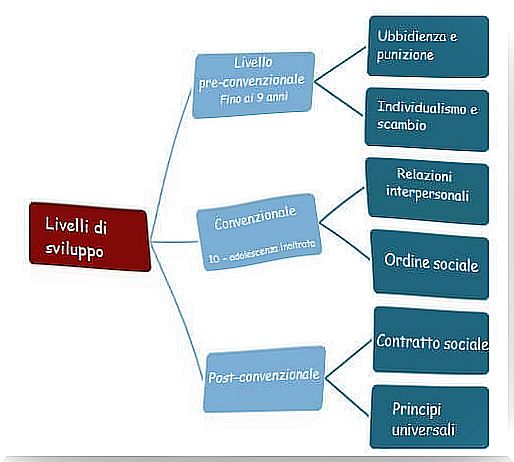
Kohlberg’s theory of development of morality
Orientation to punishment and obedience
This stage of Kohlberg’s theory of development of morality is part of the pre-conventional level. The person delegates the entire moral responsibility to an authority. The criteria of “good” or “evil” are defined by rewards or punishments by the authority. A child may think that not doing homework is wrong because his parents would punish him.
This thinking hinders the ability to admit the existence of moral dilemmas: statements that do not have a morally clear answer. This is due to the fact that everything is understood from the sole point of view of the authority that the legitimate person. We are at the simplest level of the development of morality, in which different interests and intentions of conduct are not contemplated. At this level, only the consequences are relevant: reward or punishment.
Orientation to individualism or hedonism
At this stage the idea already arises that interests vary from one individual to another. And even if the criteria for deciding what is right or wrong continue to be the consequence of one’s actions, they are no longer defined by others. Now the individual will think that everything that benefits him is positive, while everything that implies a loss or discomfort is negative.
Despite the selfish view of this stage, the individual may think that it is right to satisfy the needs of others, but only when there is a pragmatic reciprocity or a guarantee of the same. In other words, the idea that if I do something for another person, that person will have to do something for me. This stage is a little more complex than the previous one, since the individual no longer delegates the construction of his morality to others, however, the motives continue to be simple and selfish.
Orientation to interpersonal relationships
At this stage the conventional phase of the development of morality begins. As the individual begins to have more and more complex relationships, he must abandon the egoism typical of the previous phase. Now he is interested in being accepted by the group, so morality will revolve around that.
The person who has reached this stage will consider correct what pleases or is helpful to others, therefore the good intentions of the behaviors and to what extent they are promoted by others. The definition of morality at this stage is based on being a “good person”, loyal, respectable, cooperative and pleasant.
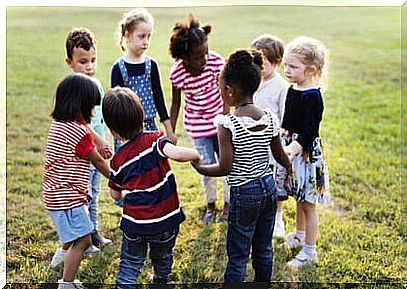
There is a very curious piece of evidence that allows us to recognize when children reach this stage. It consists of watching two videos:
- One shows a child committing a prank (causes a little harm, but on purpose).
- The other shows a child causing greater harm, but unwittingly (for example, staining himself or accidentally dropping a glass).
Children who have already included intention as a modulating variable of their own moral judgments will say that the child who purposely prank did worse. Children who are still in the earlier stages of moral development, on the other hand, will say that it was the child who did the most harm, albeit unintentionally, who did the worst.
Orientation to the social order
The individual stops having a group-based view to replace it with one based on society. He no longer cares about pleasing the groups or people around him. The criterion of what is right or wrong now is based on whether one’s conduct maintains social order or, conversely, hinders it. The most important thing is that society is stable and there is no chaos.
There is a strong respect for laws and authority, as they limit the freedom of the individual in favor of the social order for our good. Morality overcomes personal ties and relates to current legality, which must not be disobeyed, in order to maintain social order.
Orientation to the social contract
We enter the last stage of the development of morality, a stage that few individuals reach. Now morality begins to be understood as something flexible and variable. For the individual, good or bad exists because a society has created a contract that establishes moral criteria.
In this stage the person understands the reason for the laws and on the basis of this criticizes or defends them. Furthermore, he considers them limited in time and can be improved. Morality implies voluntary participation in an accepted social system, since the creation of a social contract is better for oneself and others than its absence.
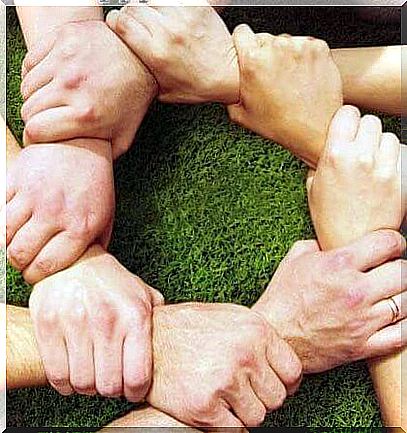
Orientation to the universal ethical principle
This last stage of Kohlberg ‘s theory of development of morality is the most complex, in which the individual creates his own ethical principles which are comprehensive, rational and universally applicable. These principles go beyond the laws and are abstract moral concepts that are difficult to make explicit. The person constructs his morality based on how he believes society should be and not on how society imposes itself.
An important aspect of this stage is the universality of the application. The individual applies the same criterion to himself and to others. And he treats others, or at least tries, as he would like them to treat him. If this were not done, we would find ourselves at a much simpler level, similar to that of the orientation towards individualism.
Now that we know Kohlberg’s theory of the development of morality, we have the opportunity to reflect: at what stage of the development of morality do we find ourselves?

